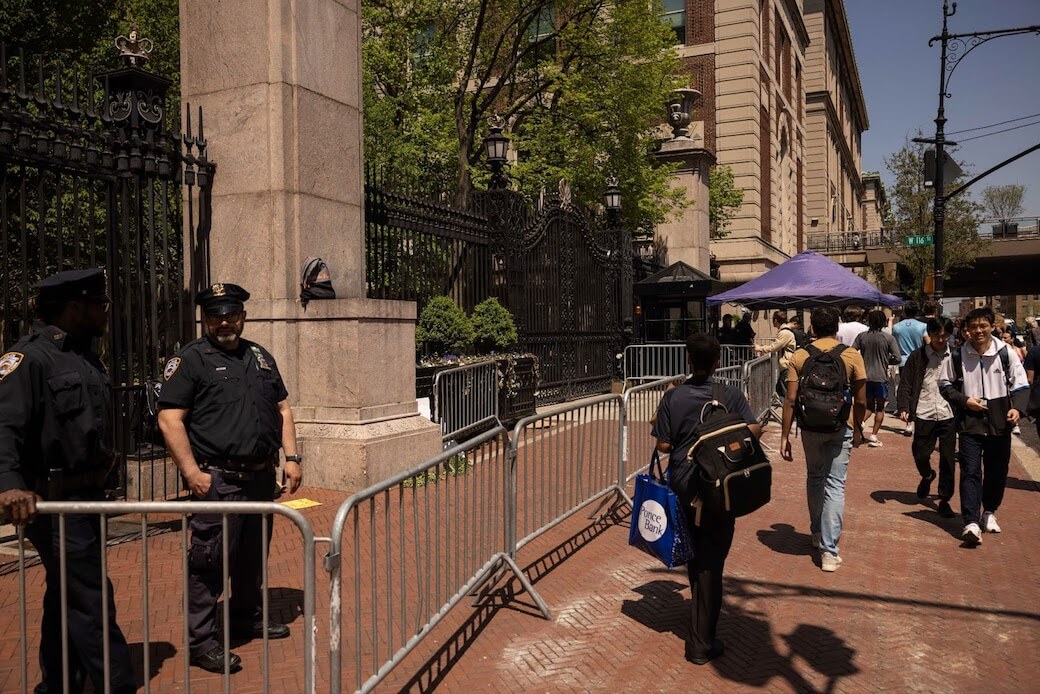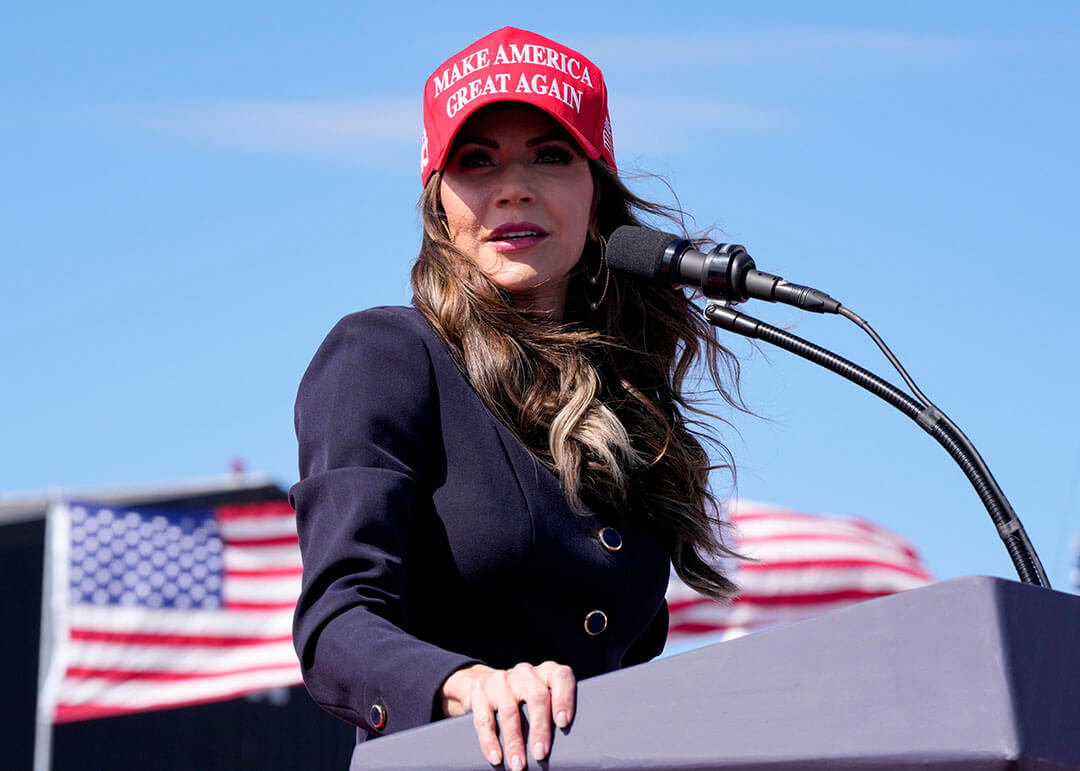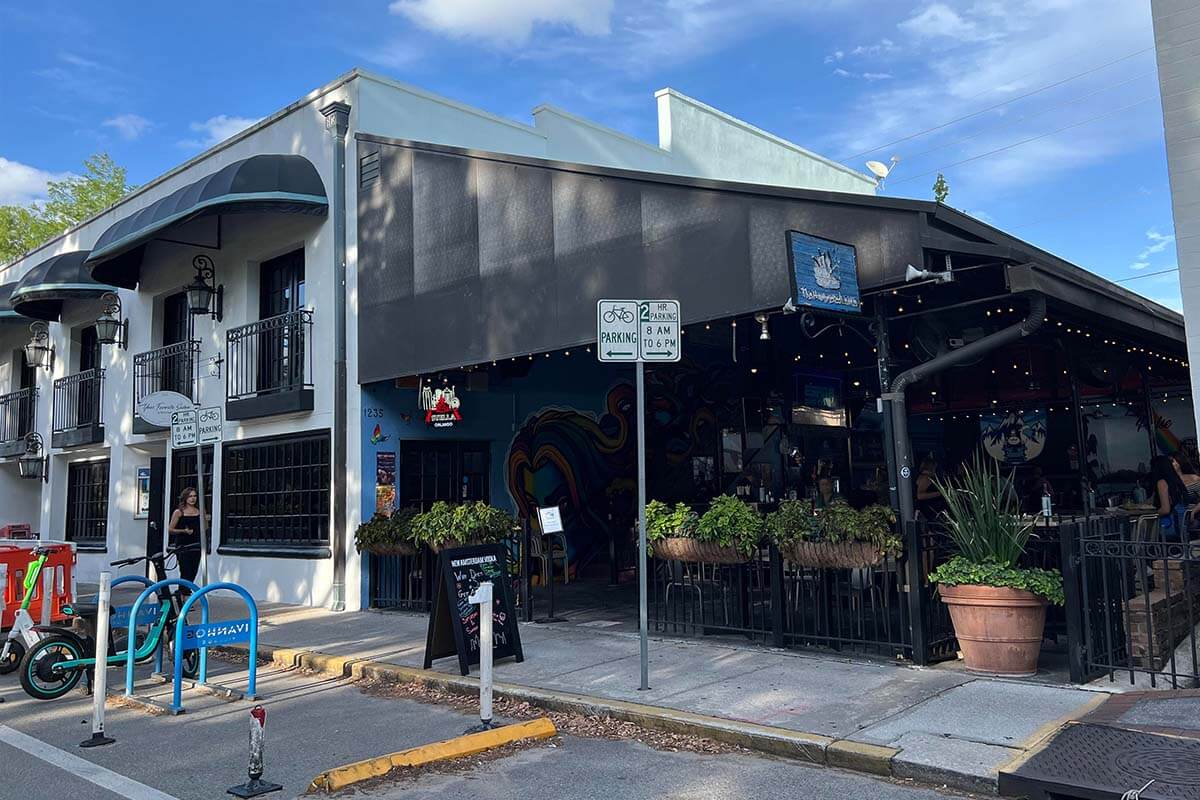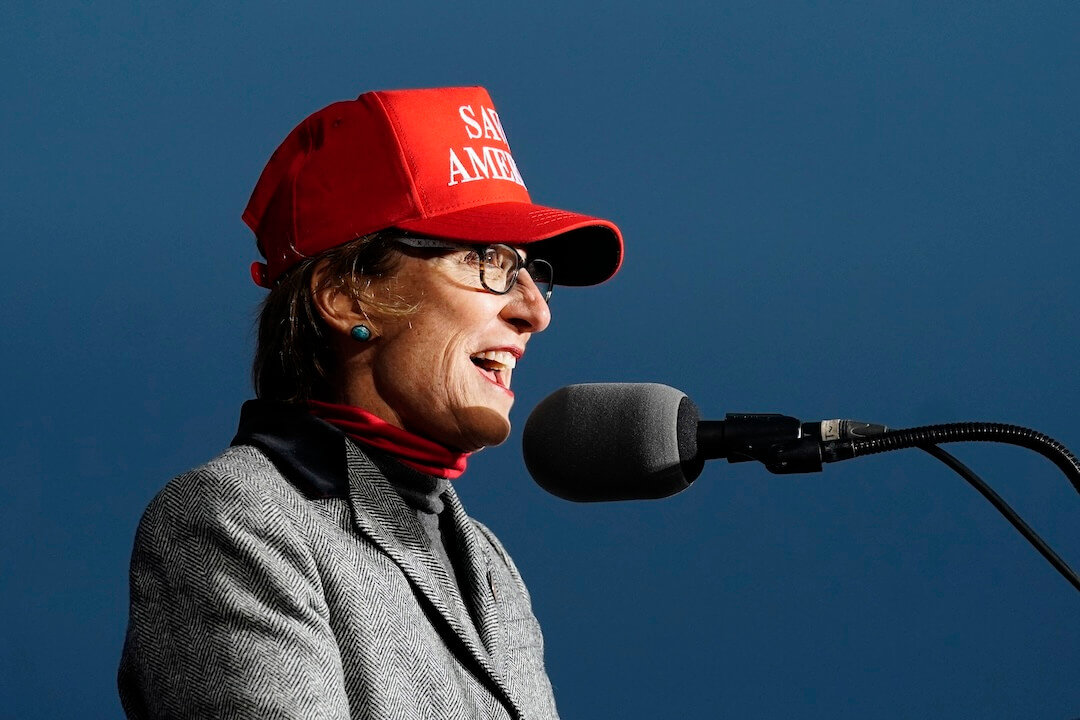“You know, you really ought to develop a mean streak,” the Chinaman says.
We’re sitting in his apartment, playing late-night mah-jongg with friends. “Why would I want to do that?” I ask.
“I was reading this story in The New York Times by Chris Broussard, an NBA writer,” my imaginary friend says. “Basketball officials think Yao Ming needs to be a big Meanie to become a superstar. He needs to be aggressive and dunk the ball more.”
I listen to the clack of the mah-jongg tiles and the occasional “Aiii-yah!” arising from the men at the table. I imagine myself as Yao — 23 years old, 7-foot-6, drafted as the No. 1 pick by the Houston Rockets in 2002. Like Yao, I’m a little too nice. Why do I lack a burning desire to win at all costs?
“I guess what you’re saying is that I need to be more nasty, more I’m-gonna-git-you-sucka, if I’m going to succeed in the newsroom,” I tell Chinaman.
“Exactly,” he replies. “Leave your Asian passivity and inscrutability at the door. Yao Ming’s good, but he’s got to increase his Thug factor. It’s a cultural thing. Yao grew up in China, where he learned that the interests of the group come before the interests of the individual. The Houston Rockets’ general manager says Yao was taught not to embarrass his opponents.”
Listening to Chinaman, I wonder about the dangers of the Cultural Prism.
When we view people through that prism — and see them solely as products of their cultural upbringing — we risk stereotyping them. When we cover athletes, politicians, and CEOs through that lens, we risk stripping them of their individuality.
* * *
And yet, when I think about my own experience, I know how hard it is to discern where cultural influence ends and individual personality starts. The fact that I’m quiet, reserved, inexpressive — is that my Asian-ness, or just me being old Tom? I don’t know.
But I do know that Asians are typically perceived that way, and frankly, I do think that holds us back in the newsroom.
Would I be a better journalist if I were meaner? Perhaps. I was raised by my parents to be polite, to not speak out of turn. I was taught to be gently inquisitive rather than pushy. I learned to seek others’ opinions first before stating my own. Not exactly the makings of the next Sam Donaldson.
Would I be a better leader if I were meaner? Perhaps. I once attended a leadership program geared toward Asian American journalists. The folks running the program argued that certain Asian cultural traits — real or perceived — can keep us from being effective leaders. We’re seen as good worker bees, but we’re not typically seen as dynamic, passionate, charismatic, forceful, dominant. The challenge is to rise above that. But what’s real and what’s perceived?
I imagine Yao as a boy. He’s 6-foot-5, a tender, awkward giraffe, scrimmaging with the Chinese national children’s team. The kids can only reach as high as the waistband on his shorts. He takes the ball and jams it through the basket. A representative of the Communist Party’s Central Committee runs onto the basketball court. “You must not dunk the ball on your opponent!” he screams. “You must allow him to save face! If you do that again, we will have to send you off for re-education!”
* * *
I tell Chinaman: “I think it’s too simplistic to say that Yao has failed to dominate the NBA because of his culture. Maybe he just doesn’t have the skills to be a superstar. Besides, the guy scores 16 points a game, along with nine rebounds and nearly two blocked shots. And that’s against the best players in the world. Give him time to improve. I’m a huge Dallas Mavericks fan, and when Dirk Nowitzki started out slowly, no one attributed it to his German culture. Why’s that?”
Chinaman sips a Tsing Tao beer and tries to remain calm. “Listen, pal, you’re the one who hypes multiculturalism all the time,” he says. “You believe in the power of diversity — inviting people with different cultural backgrounds to the table, because they bring different perspectives and approaches to their work. But if you believe that, then you have to believe they bring their own cultural flaws, as well. You can’t have it both ways.”
Chinaman’s argument stops me cold. On a certain level, I am trying to have it both ways. I do believe that culture is a powerful influence. It shapes our values and attitudes and how we approach challenges. But if you take the idea of cultural influence too far, you can dehumanize people. Think about the way we label basketball players: Ah, there’s the Gentle Giant from China, there’s the Tattooed Thug from Detroit, there’s Senor Cojones from Mexico.
What’s even more corrosive is when we begin to play to type. If someone says I’m too quiet and reserved, I might play it up even more. And I’ll attribute it to my cultural upbringing, rather than my individual personality. It’s an easy way of getting myself off the hook, because it relieves me of some personal responsibility. (“It’s my culture, man, I can’t rise above it.”)
On the other hand, if someone says that Asians as a group are typically are too quiet and reserved, then I bristle. Because then we all get lumped together. It’s an easy way of dismissing us.
* * *
A few days after the mah-jongg party, I read Chris Broussard’s story, and it gives me hope. Yao Ming is quoted as saying, “It’s not just about being more aggressive and being meaner out there on court. You have to be able to temper that with being smart. When I try to go out and just be more aggressive, the result is not too good. Now, I have to find a way to balance the two out — be aggressive and maintain my basketball smarts.”
I want to tell Chinaman: Maybe, just maybe, Yao will develop another way of succeeding at basketball, one that melds Eastern and Western approaches to the game. That would reveal the true value of diversity — the creation of something new and vibrant.





